The International Criminal Court has been plunged into a crisis of its own making: Its indictment last week of Israeli Prime Minister Benjamin Netanyahu and former Defense Minister Yoav Gallant for alleged war crimes and crimes against humanity has sparked a geopolitical firestorm and highlighted glaring flaws in the institution tasked with upholding global accountability. It is a lesson about the dangers of overreach and dishonesty.
This may seem a surprising assessment coming from me, a week after I made clear on these pages that I consider Netanyahu to be a schemer who is prolonging the war in Gaza for his cynical political ends. The man is a walking strategic disaster for Israel—but should not have been indicted by the ICC.
In theory, the Israeli leaders are in bad shape: They can no longer travel to the 125 member countries that signed the 1998 Rome Statute establishing the court. These do not include the United States (or Israel)—but do include all the countries of Europe to which Netanyahu is fond of engineering shopping trips disguised as diplomacy for himself and his grasping wife Sara.

The reality, though, is that the move is an own goal for the court. Beyond the fallout of U.S. threats and damaging attention on the court's questionable processes, the charges expose the ICC to accusations of selective justice and dangerous naivety about the realities of asymmetric warfare.
Critics have pointed out that the charges against Israel—intentionally starving Gaza and targeting civilians—fail to account for the complexities of the conflict (and the fact that no one is known to have starved).
Infuriatingly, the indictment ignores Hamas's strategy of completely embedding military infrastructure within civilian areas, knowing full well that any response—let's say, to a global-historic massacre—would result in civilian casualties and simplistic international condemnation. By pursuing these charges in this way, the ICC has essentially validated a tactic that endangers civilians, encouraging terrorist organizations to replicate it in future conflicts. This is not just a misstep; it is a decision with far-reaching consequences for how wars are fought and how civilians are protected.
The irony is glaring. Whatever criticisms one can levy against Israel's actions in Gaza, they pale in comparison to other atrocities that have gone unaddressed by the ICC. The court has shown little appetite for pursuing charges against regimes like Bashar al-Assad's in Syria, where civilians were gassed, or against figures in Iran's leadership, despite their violent crackdowns on protesters and criminal regional proxy wars. Even the U.S., which waged a drone and bombing campaign under President Barack Obama that killed many thousands of civilians knowingly while targeting Islamic State fighters, has largely escaped ICC scrutiny.
Indeed, where are the charges against the Taliban (who have been investigated for 20 years, and are currently destroying what little is left of Afghanistan? Against Boko Haram? Against Azerbaijan's President Ilham Aliyev, who a year ago caused the ethnic cleansing of 120,000 people in Nagorno-Karabakh?
By selectively targeting Israel while ignoring such glaring other cases, the ICC has opened itself up to charges of hypocrisy and politicization. Moreover, it is quietly agreed that had Netanyahu ended the war sooner—which many including me had wished—there would have been no charges. Well, that's not jurisprudence—it is activism.
This selective justice undermines the court's credibility, but it also reflects a deeper naivety. The charges of "intentionally starving Gaza" overlook the fact that Israel facilitated aid deliveries, even in wartime, only for these supplies to be stolen by Hamas or local gangs. Just this week, nearly 100 United Nations aid trucks were looted. To lay blame solely at Israel's feet is to ignore the reality on the ground, where a terrorist organization prioritizes its own survival over the well-being of the population it claims—with laughable mendacity—to defend.
Chief Prosecutor Karim Khan's handling of this case has only compounded the ICC's troubles. By publicly naming suspects before judges confirmed charges—a breach of protocol—Khan undermined the safeguards meant to ensure prosecutorial accountability.
Then there is the parallel arrest warrant for Hamas military leader Mohammed Deif, which is another sleight of hand. It was widely assumed that the ICC—precisely in order to seem somehow even-handed—needed a Hamas "target." The three candidates were Yahya Sinwar, Hamas' overall leader and supremo in Gaza, Doha-based Ismail Haniyeh, the main Hamas representative abroad, and Deif. All three have been killed by Israel, complicating the plan. The ICC then seized on the fact that Deif's body has not been found, to pretend as if they have a real warrant. No one believes this. Deif was buried under many tons of rubble and has not been seen since the spring.
The ICC ham-fistedly thought that indicting both Israelis and Hamas leaders projected even-handedness. What it actually projected was a tone-deaf indifference to the prospect of seeming to treat a democratically elected government facing few good options in dealing with the massacre of 1,200 people with terrorists who committed that massacre.
Even the timing of the Netanyahu indictment raises questions. Reports suggest that the ICC was under pressure to act before the December meeting of its Assembly of States Parties, where allegations of misconduct against Khan and criticism of the court's Palestine investigation were expected to dominate discussions. By rushing to issue indictments, the court may have sought to deflect attention from its own internal troubles. If true, this is a damning indictment of the ICC's priorities and governance.
All of this reflects a broader problem within the ICC: a lack of oversight in the governance structure that allows an opening for politically charged decisions.
Unlike the ad hoc tribunals for Rwanda and the former Yugoslavia, which were subjected to rigorous scrutiny by the UN Security Council, the ICC operates with minimal oversight. In the 1990s, the Security Council demanded quarterly updates from prosecutors and judges, holding them accountable for their decisions. The ICC, by contrast, is answerable only to its Assembly of States Parties, which meets annually and often engages in little more than perfunctory discussions. This lack of accountability has allowed mismanagement and procedural shortcuts to flourish.
The fallout is already severe. The United States, which has long opposed the ICC's jurisdiction, is preparing to escalate its pushback. Legislation like the Illegitimate Court Counteraction Act, which would impose sanctions on ICC officials, visa bans, and financial penalties, has gained traction in Congress. The Biden administration, which previously sought to temper Trump-era hostility toward the ICC, now faces growing bipartisan pressure to act. For ICC member states, particularly in Europe, the Netanyahu indictment creates a diplomatic quandary: enforcing the warrants risks alienating the U.S., while ignoring them undermines the court's authority.
Adding to the laughable nature of all this, there is a way around it. The bar for cancelling the charges is very high: new evidence, the UN Security Council freezing them once a year forever (which oddly it can do), or a decision to accept that Israel is investigating.
But there is an easy patchwork solution: Article 98 of the Rome Statute prevents the ICC from requesting surrender if it conflicts with a state's other obligations. Indeed, the U.S. has already demanded this from the court for its citizens in the past. So, basically, any country could give Netanyahu and Gallant immunity by deploying this facility, which can be done by email. My guess is that Trump administration will basically demand it on behalf of Israel of every U.S. ally.
To salvage its credibility, the ICC must reform its governance structure, introducing robust oversight mechanisms to hold prosecutors and judges accountable. Member states should consider establishing a subgroup within the Assembly of States Parties to monitor the court's operations, much like the Security Council oversaw the ad hoc tribunals. Such reforms would require political will, but they are essential if the ICC is to function as a credible institution.
The Netanyahu indictment represents a pivotal moment for the ICC. For international justice to thrive, the ICC must evolve—not as a weapon of political convenience, but as a disciplined and impartial arbiter which gains the approval of the United States as well. Considering this disaster, it will probably have to await the aftermath of President-elect Donald Trump upcoming term. I would strongly advise them to go after the Taliban for now.
Dan Perry is the former Cairo-based Middle East editor and London-based Europe/Africa editor of the Associated Press, the former Chairman of the Foreign Press Association in Jerusalem and the author of two books. Follow him at danperry.substack.com.
The views expressed in this article are the writer's own.

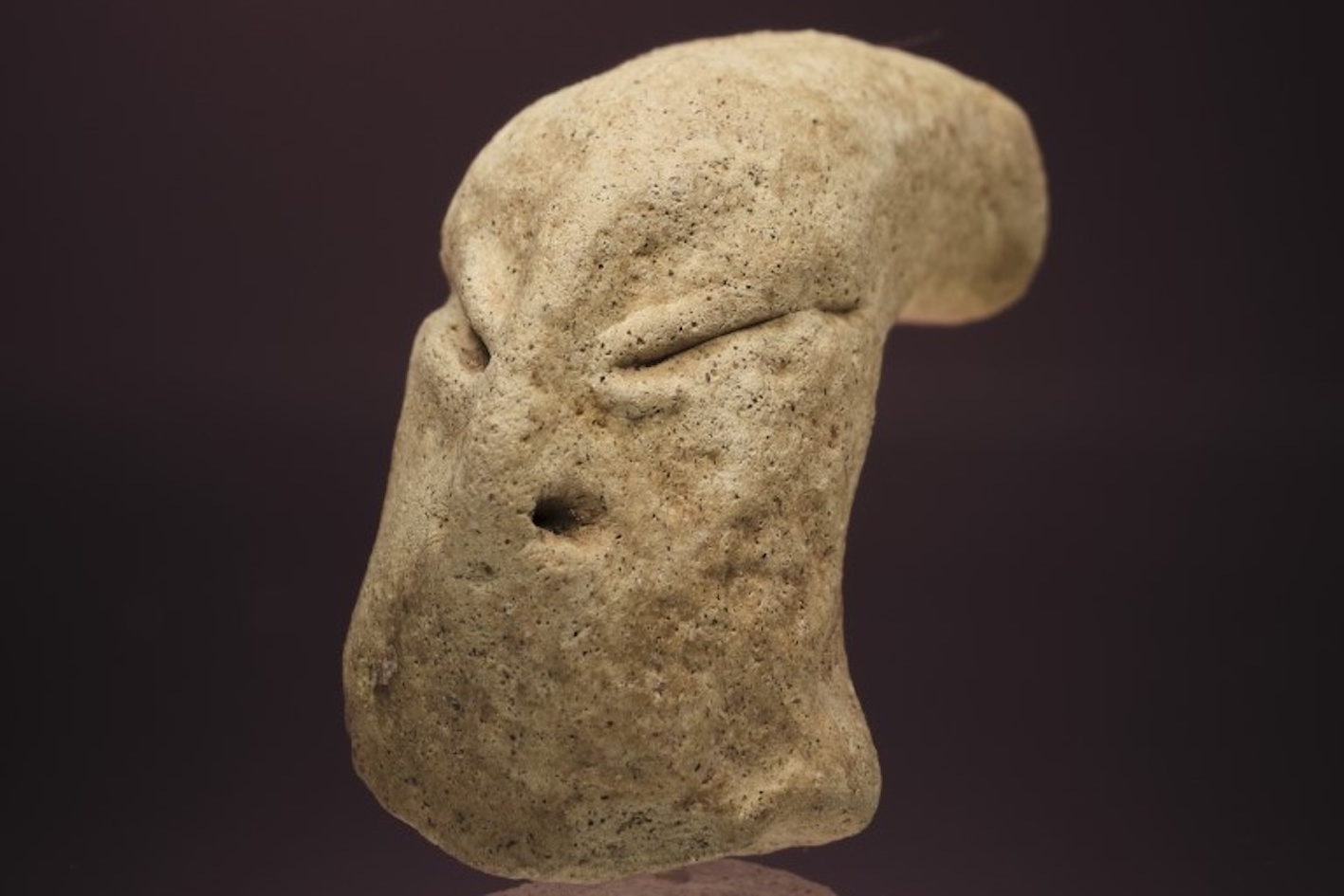

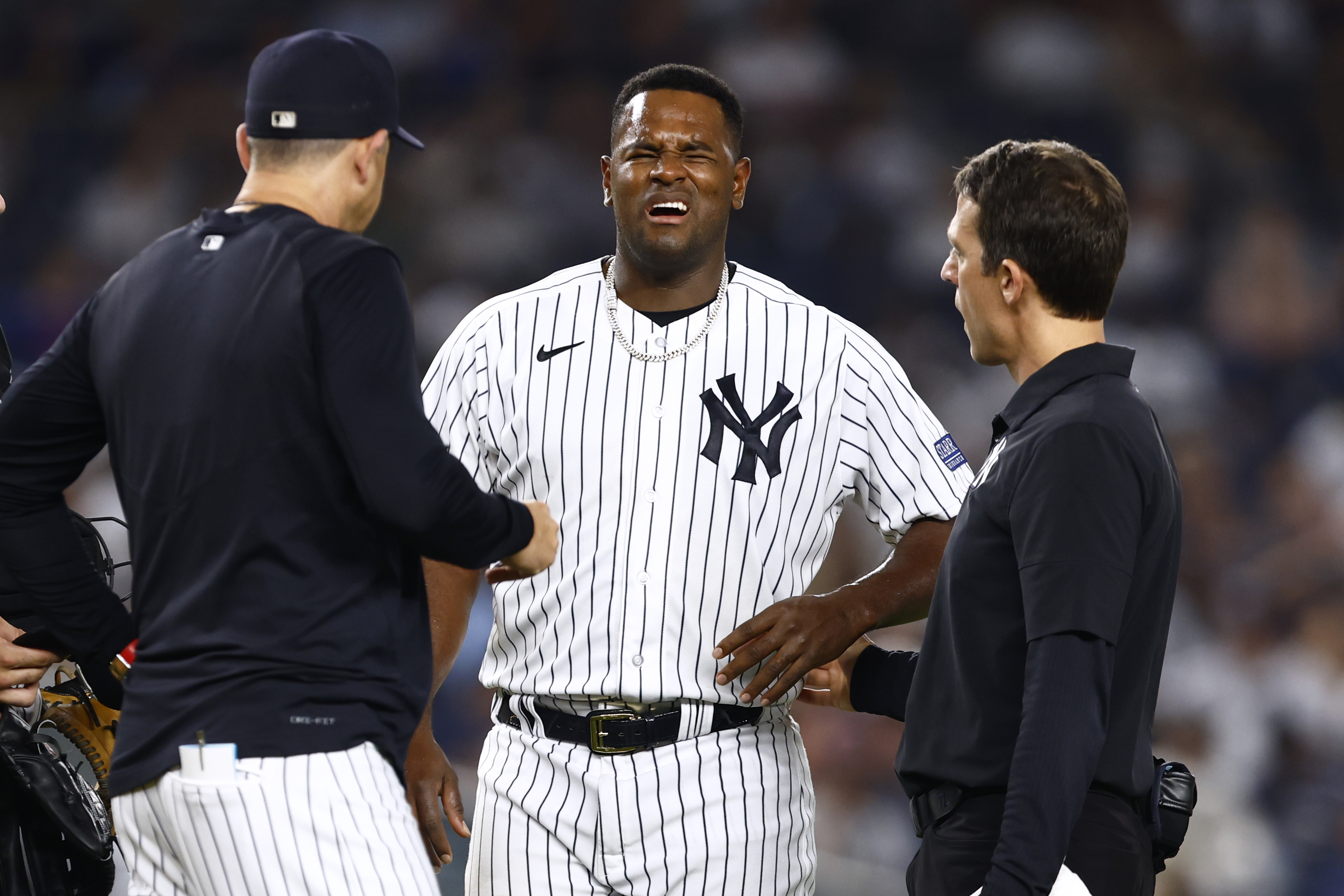
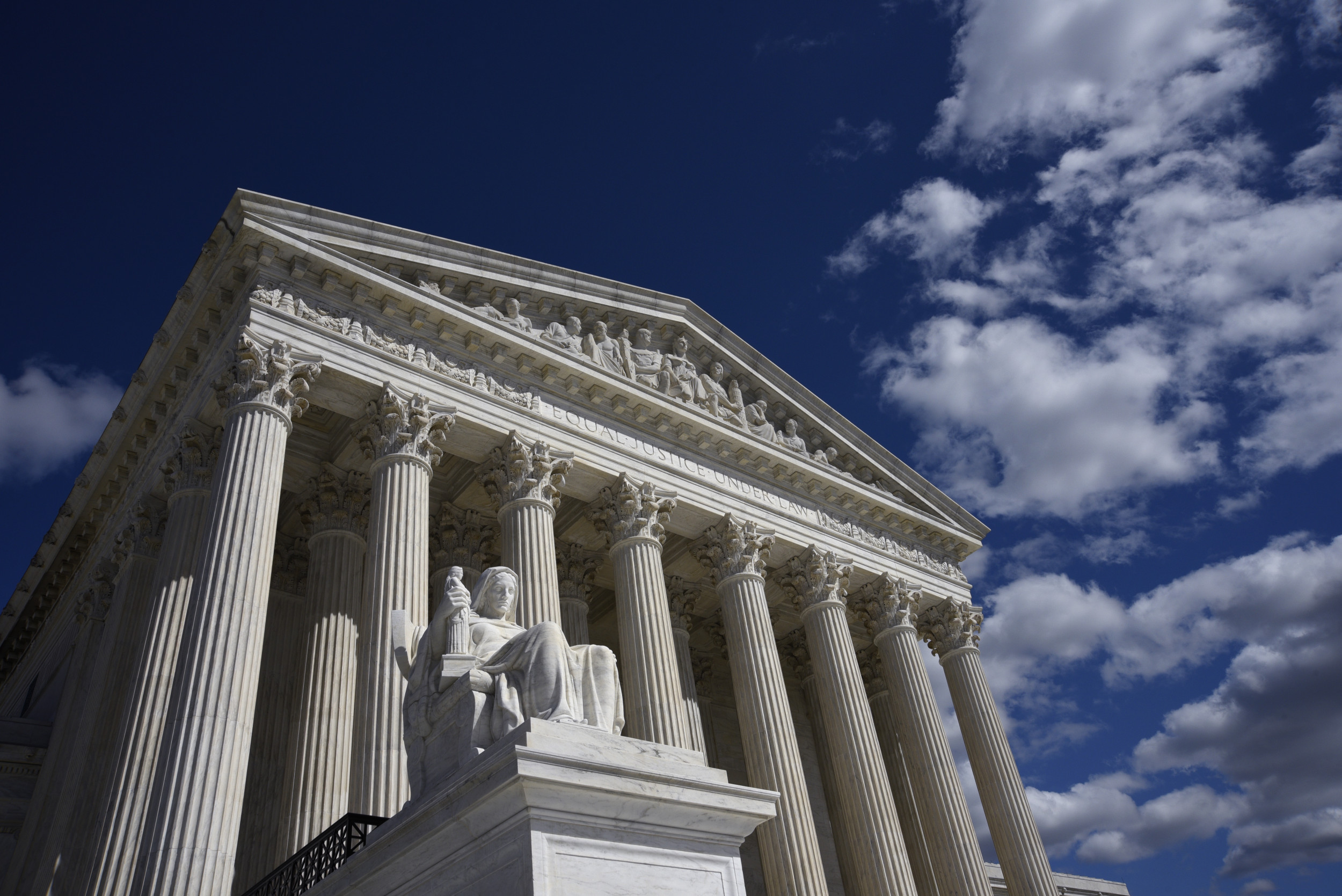

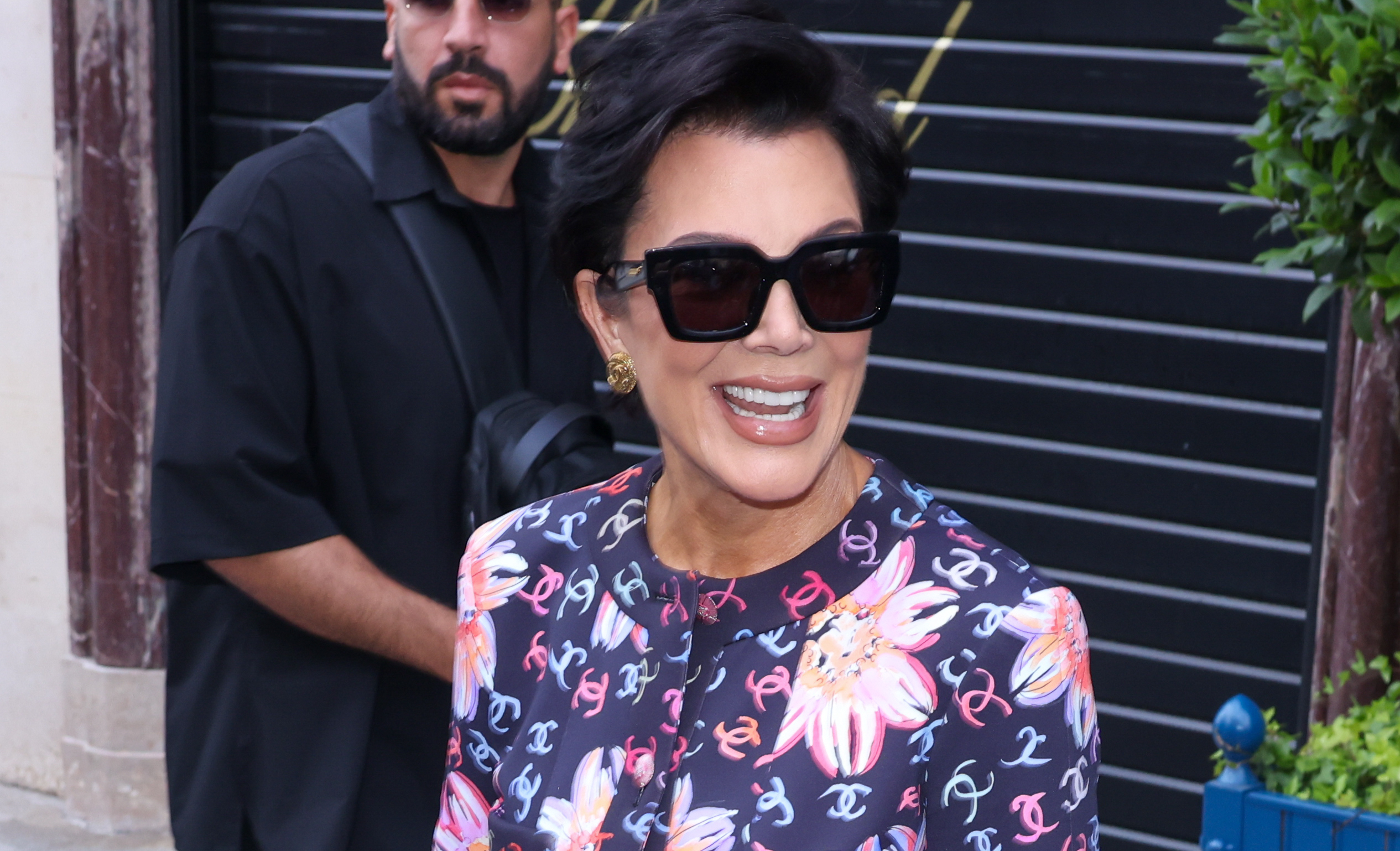


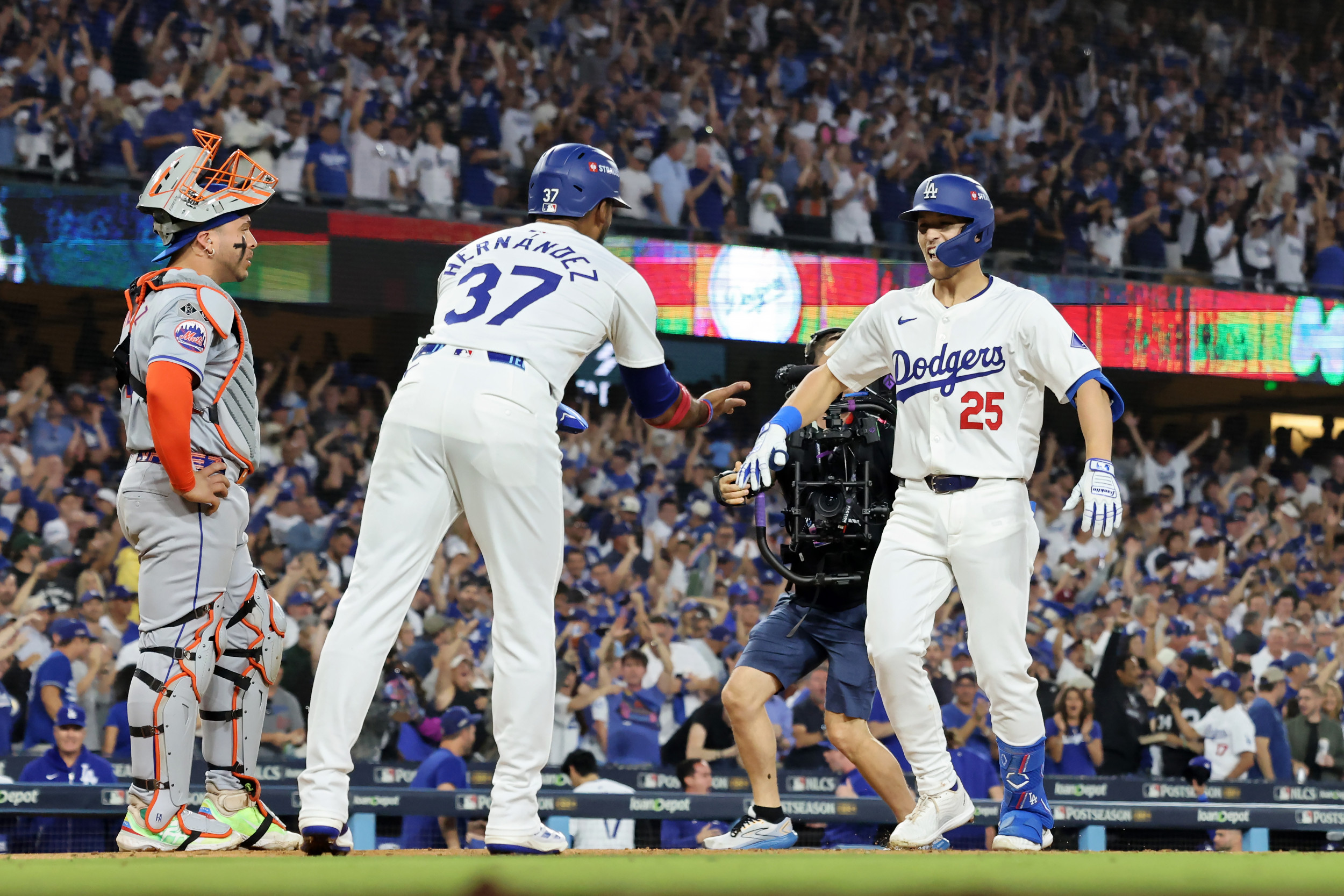










 English (US) ·
English (US) ·